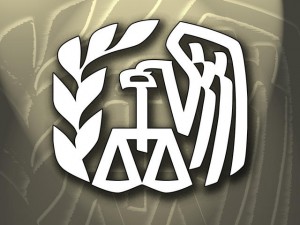 Last week I used Mary J. Blige’s foundation as an example of a noncompliant charity and opened an explanation of why it’s important to register your charity in each state where it solicits donations.
Last week I used Mary J. Blige’s foundation as an example of a noncompliant charity and opened an explanation of why it’s important to register your charity in each state where it solicits donations.
Here’s a motivation I didn’t mention last week: IRS Form 990.
If you’re required to file Form 990 annually, rather than one of the shorter annual forms like 990-EZ or 990-N (the postcard), then you’re answering questions about whether your charity is complying with state registration laws.
The alternate forms for smaller charities (based on gross receipts and/or total assets) don’t inquire about that.
For 990 filers, take a look at Part VI, question 17. (Use the link above to view the form.) It asks you to, “List the states with which a copy of this Form 990 is required to be filed.” Submitting the form is a basic request in every state registration regimen.
If you’re required to register in a state, you are required to submit the 990. (I speculated last week that not having its 990 ready may be why Ms. Blige’s charity hadn’t kept up with its New York registration.)
Charities required to file Schedule G of the 990 (who’s required?) will have their interest piqued by Part I, question 3: “List all states in which the organization is registered or licensed to solicit contributions or has been notified it is exempt from registration or licensing.”
That’s straightforward reporting of your compliance with state laws.
To blatantly nitpick, there is another possibility beyond registration and notification of exemption. Many states allow you to decide for yourself that you’re exempt. You won’t get notified by those states.
This is all quite interesting. A federal agency’s form asking about your compliance with state laws. Might that information be shared with states? I don’t see evidence that it is now, but I have heard rumblings about greater cooperation between IRS and state charities bureaus.
To round out your 990 thrills, the form is signed under penalty of perjury by an officer. It best be filled out honestly.
Yes, I see a lot of heads in the sand on this.
Far too many charities exhibit selective ignorance in matters like this. In this case, the rules are there for a reason. Thanks for the post.